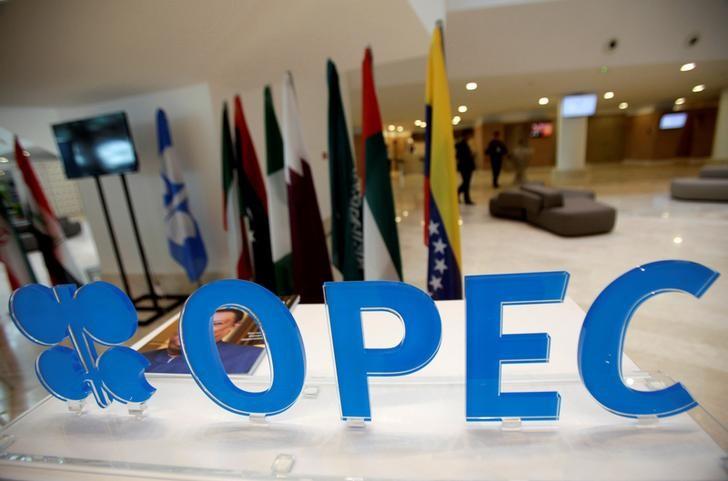Kuwait – Kuwait will be hosting, on Sunday, a meeting for the ministerial committee tasked with monitoring oil production of the 24 countries that have joined the international decision to reduce oil product for the purpose of restoring balance in the market and subsiding prices to bring back oil investments to the segment.
The average of OPEC countries compliance with the output-cut agreement is expected to exceed 100% while that of non-OPEC countries to surpass 60%. The meeting will witness the participation of ministers from OPEC members Kuwait, Algeria, and Venezuela in addition to non-OPEC countries Russia and Oman.
OPEC committed to curbing output around 1.2 million barrels per day starting January until June.
Russia, Oman, Kazakhstan, Mexico, Azerbaijan and 15 other oil producers agreed to cut production to the half.
Iraqi Oil Minister Jabar Ali al-Luaibi said on Saturday the market is a decisive factor in deciding whether to extend into the second half of this year a global agreement on reducing oil output.
“The market will decide. The market is a decisive factor,” Luaibi told reporters in Kuwait.
Russia, also, is willing to increase its commitment level – in previous statements, Russia announced that it will reduce output to the agreed-upon 300, 000 barrels per day daily by the end of April and will maintain this level until the agreement term is over in June.
Russian Energy Minister Alexander Novak told reporters on Saturday that the country so far had reduced output by 185,000 bpd.
Saudi Arabia, the greatest oil producer in OPEC, is enduring the biggest burden of the output-cut agreement in which the International Energy Agency (IEA) lauded, last week, the reduction carried out by the kingdom that has left a remarkable effect on the average of outcome curb.
“The kingdom may prolong production cuts after they expire in June if necessary,” Saudi Arabia’s Energy Minister Khalid al-Falih said to Bloomberg last week. He added that OPEC aims at “returning stockpiles to the five-year average.”
